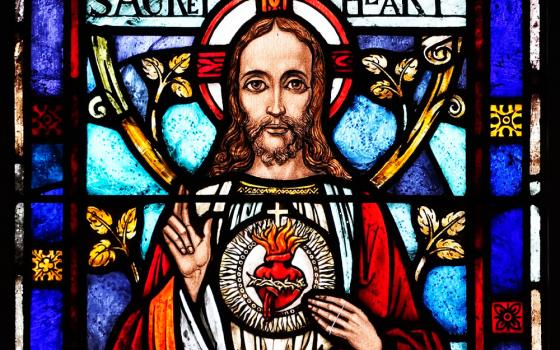Just got back from the Catholic Press Association annual meeting, held this year in Anaheim, Calif.
I've been going to these for decades. I can remember a time, just a few years ago, when a few intrepid Catholic press types -- including Tom Fox of NCR -- would meet and discuss this new-fangled thing called the Internet. At the time, they were definitely a sideshow.
As in all press gatherings these days, the Internet is now the main event.
Tim Rutten, writing in the Los Angeles Times, noted recently that American newspapers have lost 40 percent of their classified advertising over the past three years, largely attributed to sites such as Craigslist.
Print publications are hurting, yet, at the Catholic press convention, Twitter co-founder Jack Dorsey, while telling us about the huge impact that system is having, admitted that it has yet to pay for itself. So it is with many Internet innovations.
Years ago, there was a kind of collective inferiority complex among Catholic journalists. A friend of mine once asked me when I was going to work for a "real" newspaper. Now the special-interest press, while not immune, is perhaps weathering the current publishing storms better than the mainstream. Even the mighty New York Times is feeling threatened these days.
Many of the ideas talked about recently to save daily newspapers -- such as establishing them as non-profit corporations -- the Catholic press has done for decades. Not that everyone in the Catholic press is sanguine. Informal chats in Anaheim -- the best reason to attend such conventions -- put the future of print Catholic journalism in decades, if not shorter.
The hope is that something else will emerge. Print will be replaced by something which we are only now seeing, in St. Paul's words, as a faint reflection from a very foggy mirror.




